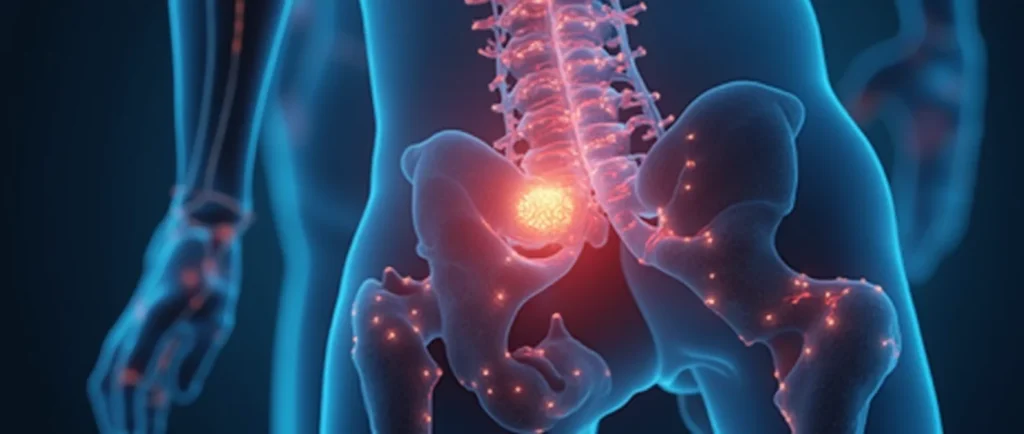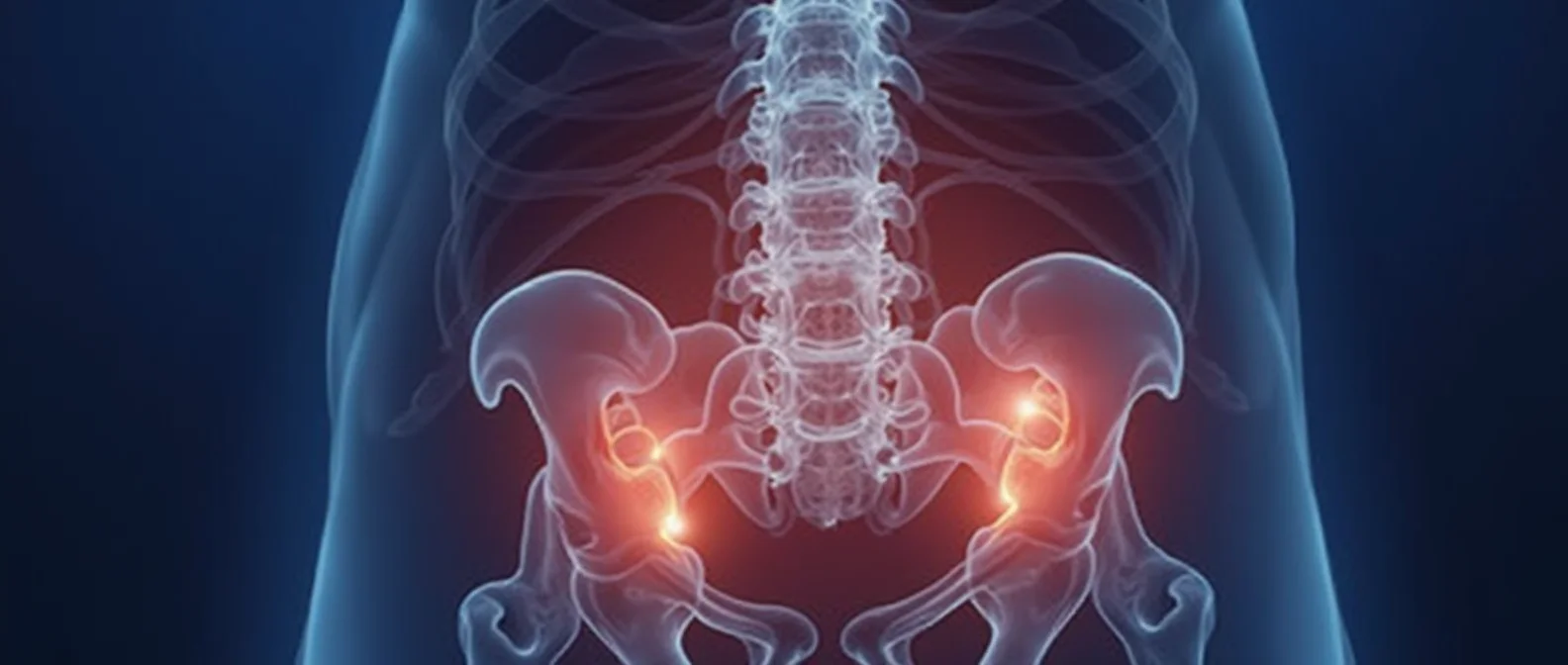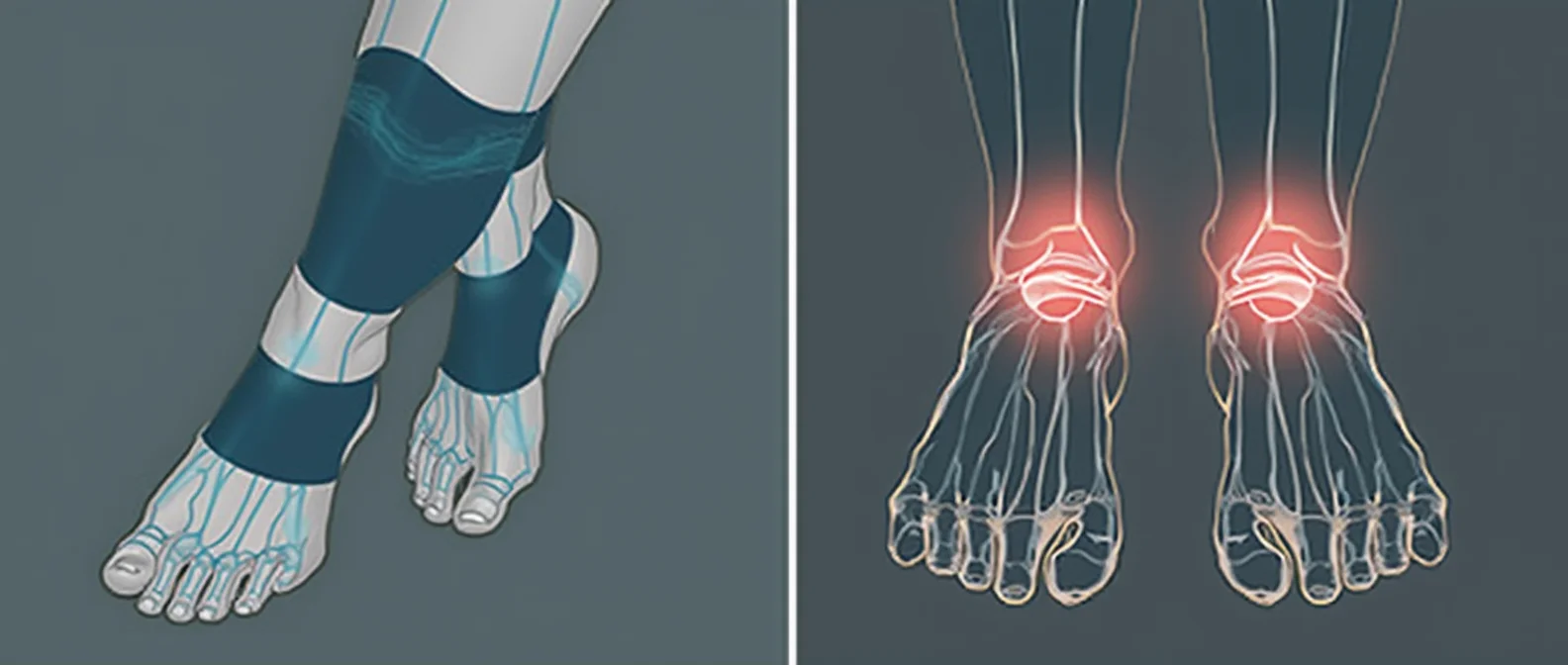Currently Empty: $0.00

If you’ve ever experienced tingling in your hands, a burning sensation in your feet, or unexplained muscle weakness, you might have wondered, “What could this mean?” These sensations can be unsettling, especially if they persist or worsen over time. Understanding the symptoms of neuropathy is crucial, as early detection can make a significant difference in managing this condition. This guide will walk you through everything you need to know about what are the symptoms of neuropathy, potential causes, and steps you can take to find relief.
Table of Contents
Understanding Neuropathy
What Is Neuropathy?
Neuropathy refers to damage or dysfunction of the nerves that carry messages between your brain, spinal cord, and the rest of your body. This condition can affect different types of nerves, including:
| Type of Neuropathy | Affected Area | Key Symptoms |
|---|---|---|
| Peripheral | Hands, feet | Tingling, burning, numbness |
| Autonomic | Internal organs | Digestive issues, heart rate |
| Focal | Specific nerves | Weakness in one area |
| Proximal | Hips, thighs | Pain in lower body |
Neuropathy isn’t a one-size-fits-all condition. Each type has unique characteristics, and understanding these differences is the first step to identifying the problem.
Who Is at Risk for Neuropathy?
While neuropathy can affect anyone, certain factors increase your risk. You might be more susceptible if you have:
- Chronic conditions like diabetes or kidney disease.
- Vitamin deficiencies, particularly B vitamins.
- Lifestyle factors, such as excessive alcohol consumption.
- Infections like shingles or HIV.
Understanding your risk factors can help you stay vigilant and proactive about your health.

what are the symptoms of neuropathy key :
Sensory Symptoms
One of the most common signs of neuropathy is sensory issues. You might notice:
- Tingling or “pins and needles” sensations in your hands or feet.
- Burning or shooting pain, especially at night.
- Numbness that makes it difficult to feel textures or temperature changes.
- Heightened sensitivity, where even a light touch can cause discomfort.
These symptoms often start in your extremities and can progress over time.
Motor Symptoms
Neuropathy doesn’t just affect sensation; it can also impact muscle function. You may experience:
- Muscle weakness that makes it hard to grip objects or climb stairs.
- Cramps or twitching, especially during physical activity.
- Difficulty with balance or coordination, increasing your risk of falls.
These symptoms can interfere with daily activities and reduce your quality of life if left untreated.
Autonomic Symptoms
When neuropathy affects your autonomic nerves, you might notice changes in your body’s automatic functions, such as:
- Digestive problems, including nausea, constipation, or diarrhea.
- Abnormal heart rate or blood pressure fluctuations.
- Sweating excessively or not at all.
These symptoms can be harder to pinpoint but are just as important to recognize.
Causes and Triggers of Neuropathy
Medical Conditions Linked to Neuropathy
Many cases of neuropathy are tied to underlying health issues. Some of the most common causes include:
- Diabetes: High blood sugar can damage nerves over time.
- Autoimmune diseases: Conditions like lupus or rheumatoid arthritis may attack nerve tissue.
- Infections: Shingles, Lyme disease, and HIV can lead to nerve damage.
- Nutritional deficiencies: A lack of essential vitamins, like B12, can weaken your nerves.
Lifestyle Factors
Your lifestyle choices can also contribute to nerve damage. For example:
- Excessive alcohol consumption is toxic to nerves and can lead to alcoholic neuropathy.
- Exposure to toxins, such as heavy metals or certain chemicals, may harm your nervous system.
- Repetitive motions or injuries can cause localized nerve damage, like carpal tunnel syndrome.

Diagnosing Neuropathy
How Is Neuropathy Diagnosed?
If you suspect neuropathy, your doctor will use a combination of tools to pinpoint the issue:
- Medical history and physical exam: Your symptoms, lifestyle, and family history provide valuable clues.
- Nerve tests: Electromyography (EMG) and nerve conduction studies assess nerve function.
- Blood tests: These can identify underlying causes like diabetes or vitamin deficiencies.
- Imaging scans: MRIs or CT scans may be used to rule out other conditions.
Early diagnosis is critical for effective treatment, so don’t hesitate to consult a healthcare professional if you notice persistent symptoms.
Coping with Neuropathy Symptoms
Medical Treatments
While there’s no universal cure for neuropathy, various treatments can help manage symptoms and improve your quality of life. These include:
- Medications: Over-the-counter pain relievers, prescription antidepressants, or anti-seizure drugs.
- Topical treatments: Creams or patches with capsaicin or lidocaine can relieve localized pain.
- Therapies: Physical therapy and occupational therapy can improve strength and mobility.
Lifestyle Changes
Simple adjustments to your daily routine can also make a big difference:
- Healthy diet: Focus on nutrient-rich foods that support nerve health, such as leafy greens, whole grains, and lean proteins.
- Regular exercise: Low-impact activities like swimming or yoga can improve circulation and reduce pain.
- Stress management: Practices like meditation or deep breathing can help you cope with chronic discomfort.

Frequently Asked Questions (FAQs)
Can neuropathy symptoms go away?
Neuropathy symptoms may improve with treatment, especially if the underlying cause is addressed. For example, controlling blood sugar levels can reduce diabetic neuropathy symptoms.
How do I know if my symptoms are neuropathy?
If you experience persistent tingling, numbness, or pain, it’s worth discussing with a doctor. They can confirm the diagnosis through tests and evaluations.
Is neuropathy reversible?
In some cases, such as neuropathy caused by vitamin deficiencies or temporary injuries, symptoms may be reversible. However, chronic conditions like diabetes may require long-term management.
Conclusion
Recognizing the symptoms of neuropathy is the first step toward finding relief. By understanding the signs, potential causes, and available treatments, you can take proactive steps to protect your nerve health. If you’re experiencing any of the symptoms discussed in this guide, don’t wait—schedule a consultation with your healthcare provider today.
Your journey to better health starts with awareness. Share your experiences or questions in the comments below—we’re here to support you every step of the way!
You provide useful and clear content. Thank you for your efforts.
This article remains a trusted resource for many people who want to improve their daily comfort and manage the symptoms of neuropathy.



